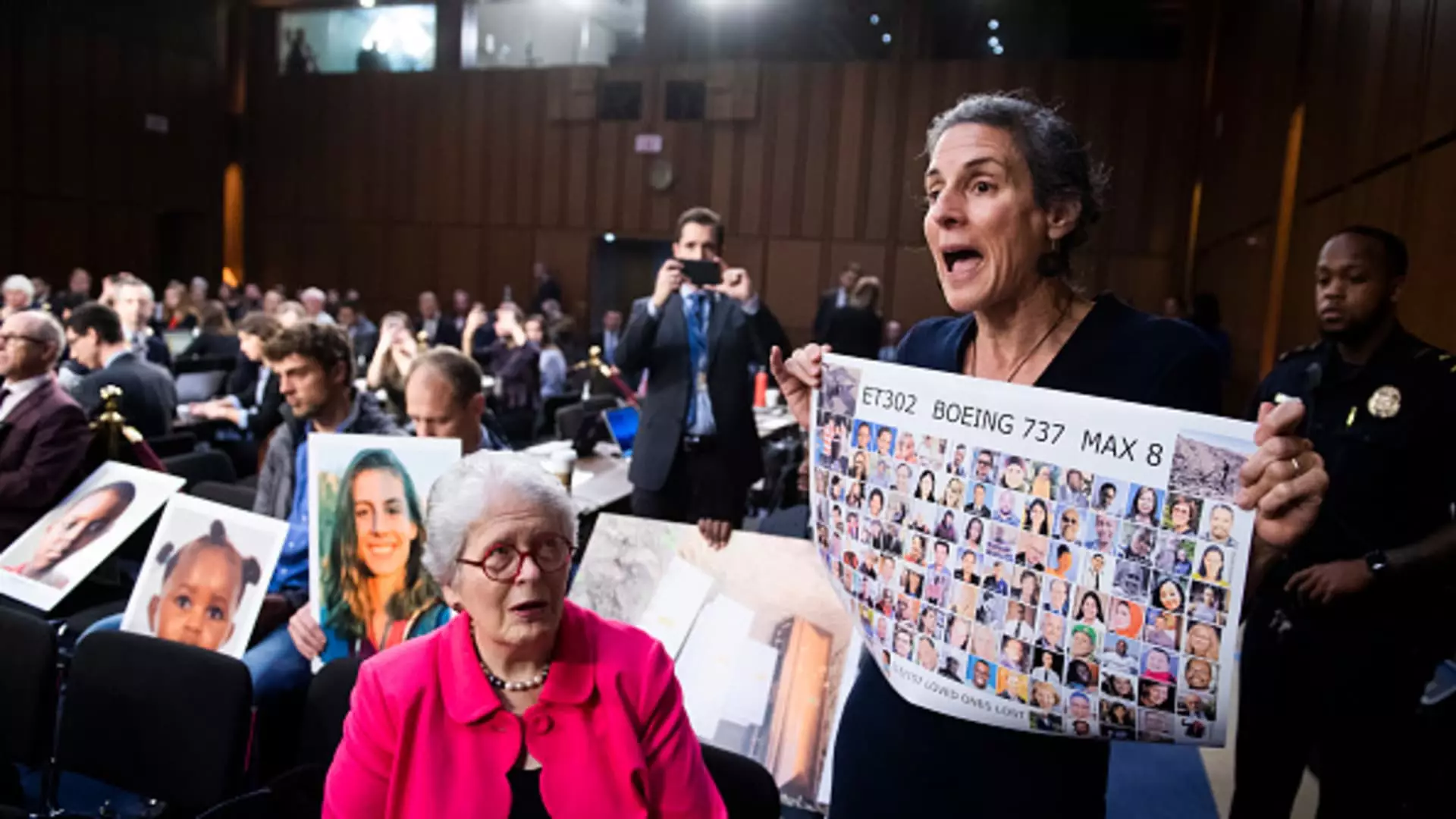In a significant legal development, U.S. District Judge Reed O’Connor has rejected Boeing’s plea deal tied to allegations of fraud related to the tragic crashes of its 737 Max aircraft. This decision is pivotal, not only for the company but also for the integrity of judicial processes involving large corporations. The judge’s concerns centered around the potential for biases in the selection of a government-appointed monitor— a key stipulation of the plea deal—flagging the possible integration of diversity, equity, and inclusion policies. The implications of this ruling extend beyond Boeing, as it raises critical questions about how justice is administered and the factors influencing oversight in corporate governance.
The legal troubles for Boeing stem from serious allegations that the aerospace giant conspired to mislead U.S. regulators about crucial safety components on its 737 Max aircraft. Specifically, the company was implicated in two catastrophic crashes, one involving Lion Air in October 2018 and the other Ethiopian Airlines in March 2019, which collectively claimed the lives of 346 people. This history of neglect and misinformation looms over Boeing, casting a long shadow over its operations as it attempts to regain public trust and corporate viability.
In light of these serious offenses, Boeing’s acceptance of a plea deal in July aimed to mitigate its legal repercussions, allowing it to evade a trial. However, the proposed terms sparked outrage among victims’ families, who criticized what they termed a “sweetheart deal.” These families voiced a compelling argument for more robust accountability, seeking to ensure that the severity of Boeing’s actions is matched by an equally significant legal response. This sentiment was echoed by Erin Applebaum, an attorney advocating for one of the victim’s families, who emphasized the necessity for a renegotiation that reflects the gravity of Boeing’s alleged crimes.
Judge O’Connor’s ruling highlights a critical crossroad between corporate accountability and the judicial system’s integrity. By questioning the selection process for the government-appointed monitor, the judge pointed to the importance of ensuring that such choices are made based solely on merit. He stressed that any perceived bias— particularly one influenced by race—could undermine public confidence in how justice is served. The judge’s concerns are not unfounded; they echo a broader societal apprehension regarding the integrity of corporate oversight and the balance between inclusivity and competency.
In an earlier ruling, O’Connor mandated that both Boeing and the Justice Department provide clear parameters regarding how diversity and equity policies might influence the appointment of the monitor. This transparency is part of a larger effort to fortify public trust in legal proceedings involving powerful corporations. It raises the essential question of whether a diversity-focused approach to corporate governance can coexist with the necessity for uncompromised oversight based on expertise.
A Call for Genuine Accountability
The rejected plea deal signifies more than just a temporary legal setback for Boeing; it highlights the ongoing demand for corporate accountability in the face of grievous negligence. The Justice Department’s previous leniency towards Boeing has come under scrutiny, with many advocating for a reevaluation of what constitutes fair penalization for corporate misconduct. The implications of the judge’s ruling resonate beyond the individual case, challenging the legal system to hold corporations to higher ethical standards while ensuring that oversight mechanisms are unbiased and reflective of genuine accountability.
The court has now given both Boeing and the Justice Department a deadline to reassess their strategy over the plea deal, igniting speculation about what the future may hold for the beleaguered company. With an impending fine of up to $487.2 million, the financial repercussions alone are substantial. However, the broader implications of this case transcend monetary penalties, as it ultimately asks whether Boeing can emerge from this crisis with the necessary transformations to safeguard passenger safety and restore trust.
Looking ahead, Boeing stands at a crucial junction that will dictate not just its own fate but also the standards for corporate accountability in America. The rejection of the plea deal by Judge O’Connor indicates a pivotal moment where corporations may no longer escape the heavy consequences of their actions, especially in situations that endanger lives. For victims’ families and advocates calling for justice, this development is a beacon of hope that real accountability can still be achieved in a corporate landscape often perceived as protective of its own.
As the negotiations unfold, the necessity for Boeing to reckon with its past misdeeds remains paramount. The potential for an updated plea agreement that reflects the severity of the circumstances would signify a meaningful step toward restoring faith in the airline industry and reinforcing the need for stringent oversight to prevent future tragedies.


Leave a Reply